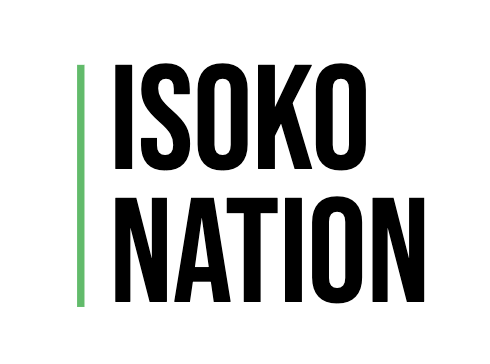The Uzere Kingdom is one of the most prominent and historic clans in the Isoko Nation, Delta State, Nigeria. Often referred to as the “cradle of oil in Nigeria,” Uzere holds a unique place in both the cultural history of the Isoko people and the economic history of Nigeria.
Location
Uzere is located in Isoko South Local Government Area. It shares boundaries with Emede, Aviara, and other neighboring Isoko communities.
History & Origins
According to oral traditions, Uzere was founded by migrants who settled in the fertile plains of Isoko land many centuries ago. Over time, it developed into a strong community, united under a monarchy led by the Ovie of Uzere Kingdom. The monarchy has remained a symbol of authority, unity, and cultural preservation.
Significance
Uzere is best known for its oil fields. In 1958, oil was first discovered and produced in commercial quantities in Uzere by Shell D’Arcy (now Shell Petroleum Development Company). This made Uzere one of the earliest oil-producing communities in Nigeria, positioning it as a vital contributor to the Nigerian economy.
Beyond oil, Uzere is also renowned for its rich cultural life, traditional festivals, and agricultural productivity.
Festivals & Culture
- Uzere Festival (Ogwa Festival): Celebrated with dance, music, and traditional displays to honor the ancestors and reaffirm community bonds.
- Traditional Rites: The kingdom maintains age-grade systems, initiation rites, and marriage customs that strengthen social unity.
- Music & Dance: Traditional drumming, masquerades, and Isoko folk music form an integral part of Uzere’s cultural life.
Leadership
The kingdom is ruled by the Ovie of Uzere, supported by chiefs and community elders who form the traditional council. The Ovie represents not only political leadership but also spiritual guardianship of the people and land.
Economy
While oil remains its most notable economic feature, the people of Uzere also engage in farming (cassava, yam, and palm produce), fishing, and trading. These activities sustain daily life and preserve age-long traditions of self-reliance.
Kings of Uzere Kingdom (Chronological List)
Oral Tradition / Early Rulers
- Okugbo – regarded as the founder and first Ovie of Uzere.
- Eriye – succeeded Okugbo.
- Ediagbo – third traditional ruler.
- Egbeta – fourth Ovie.
- Ewhiri – fifth Ovie.
- Okpoteme – sixth Ovie.
- Eje – seventh Ovie.
(The above seven are preserved mainly in Uzere oral tradition and community accounts.)
Colonial & Modern Era Rulers
- German Odede (N.G. Odede) – Ovie in the mid-20th century, around the 1950s; appears in administrative records and community histories.
- Etuede II – ruled later in the 20th century; remembered as a strong monarch before the modern disputes.
- HRM Isaac Odhiwhu Udogri I (Ovie Udogri I, JP) – enthroned in the late 20th century; widely recognized as the Ovie of Uzere in the 2000s.
- HRM Henry Etwede II (sometimes styled Etwede III) (Installed during the Uzere Crisis, 2011–2012) – installed by a faction of the community in the 2010s during the Uzere chieftaincy dispute; considered a parallel claimant. *
* The Uzere Kingdom experienced a kingship crisis in the 2010s, leading to the emergence of two parallel Ovies — HRM Isaac Udogri I and HRM Henry Etwede II. This dispute remains part of Uzere’s contemporary history.
